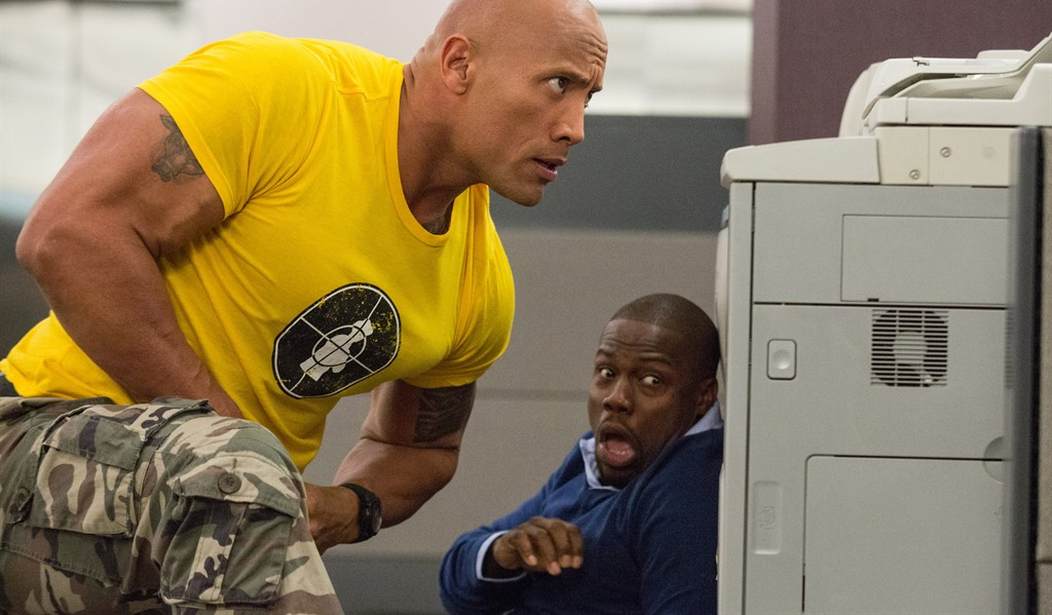According to Military.com, the Army ate what The Rock was cooking, and it cost them $11 million. Even worse, the marketing deal they signed with Dwayne “The Rock” Johnson and the United Football League (UFL) likely failed to land a single recruit.
In fact, the Army estimated that the deal might’ve COST the military 83 recruits!
Earlier this year, the Army reached a blockbuster marketing deal with Johnson and his upstart football league, the UFL. However, Military.com writer Steve Beynon reported that the Army valued Johnson much more than the UFL, and hoped his celebrity endorsement would help jumpstart military recruitment, which has dropped to historically low numbers. Last year, the Army, Navy and Air Force fell short of their recruitment goals by 41,000 enlistments.
Among the words Beynon used to describe the fallout: “catastrophic.”
Internal documents revealed that the Army valued each Instagram posting from Johnson at $1 million apiece. (Globally, Johnson has 396 million followers.) Even though the Army was expecting five posts from Johnson, only two were made.
As of July 30, the last time Johnson posted anything Army-related was in April. One of his posts was Johnson posing with generals (including Gen. Randy George, who “pushed through directly” the $11 million marketing deal). The other was a tour of Walter Reed National Military Medical Center.
The Army is hoping to recoup $6 million from the deal. According to Beynon, it’s “unclear how the service came up with that figure.”
(The United Football League and Johnson’s publicist didn’t respond to Beynon’s request for comment.)
The military has struggled mightily in recent years to optimize its marketing budget. The USA Today reported in 2014 that the National Guard’s $88 million NASCAR sponsorship was even more disastrous: It was eight times the cost and also failed to recruit even a single soldier.
It’s widely speculated that the U.S. Armed Forces’ marketing strategy, which has been traditionally based on cable television and sports broadcasts, might be ill-suited to reach younger, enlistment-aged Americans. The military does advertise on some social media platforms, with the notable exception of TikTok. (Due to the Chinese government’s sway over TikTok’s parent company, the Pentagon has prohibited any ad-buys.) The Army's marketing and advertising budget was nearly $1 billion in 2024. Last March, they requested a 10 percent increase in spending, which comes to roughly $1.1 billion. The military also asked for $675 million for various incentives, and other perks to help boost its anemic recruiting.
However, the Army seems willing to mend fences with Johnson. Army spokesman Col. David Butler told Beynon, “…we’re working with the UFL to rebalance the contract. The Rock remains a good partner to the Army.”
Beyond film roles, Johnson’s longstanding ties to the Pentagon and military officials has allowed him to be privy to breaking news: Johnson scooped the entire global media when he broke word of Osama bin Laden’s death in 2011. “I got friends in high places and low places,” Johnson said, when asked how he learned of bin Laden's death. “...The individuals who were there were proud to let me know..”










Join the conversation as a VIP Member